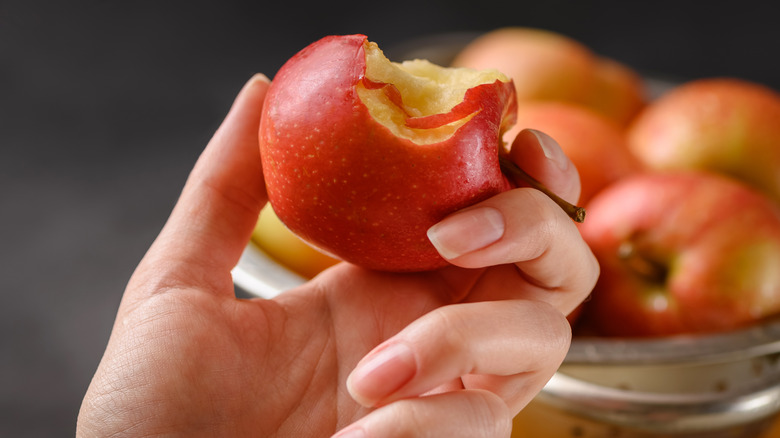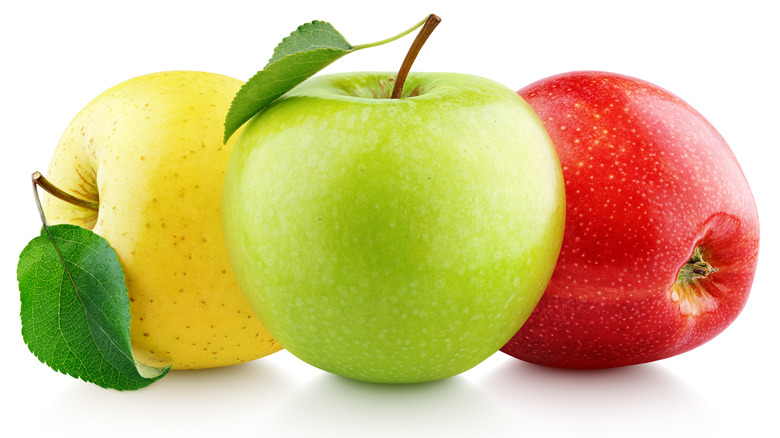
An apple a day keeps the doctor away, right? Apples are rich in nutrients, but their health benefits might depend on the timing of consumption. As per Eat This, Not That, the phrase originated in the late 1800s with the advice, “Eat an apple on going to bed, and you’ll keep the doctor from earning his bread.” This suggests eating an apple daily at bedtime was once recommended.
Apples are packed with nutrients. A medium-sized apple contains fiber, calcium, magnesium, potassium, vitamin C, vitamin B6, vitamin A, vitamin E, folate, carotene, and vitamin K (source: U.S. Department of Agriculture’s Agricultural Research Service). The natural sugar in apples – fructose – provides a slight energy boost without causing jitteriness (source: International Food Information Council Foundation). So, are there any downsides to consuming apples at night?
Should you eat an apple at night?

Apples are an excellent source of nutrients and fiber, contributing significantly to a healthy diet. However, some suggest avoiding them in the evening as they might disrupt sleep, according to The Sun. Eating an apple in the morning can aid digestion throughout the day, as the pectin in apples helps the liver produce bile, enhancing digestion efficiency. Thus, The Sun advises consuming an apple first thing in the morning before breakfast.
However, The Sun’s claims lack support from scientific studies. If eating an apple in the evening doesn’t cause digestive issues for you, feel free to enjoy it. According to the University of Illinois Extension, apples contain both insoluble and soluble fiber, making them a suitable evening snack as they expedite the digestive process. Ensure you eat the peel to benefit from all the fiber and nutrients.
The Harvard Medical School advises against consuming a large meal 2-3 hours before bed. Opting for a small, nutritious snack like an apple with a slice of cheese can keep you satisfied until breakfast.




